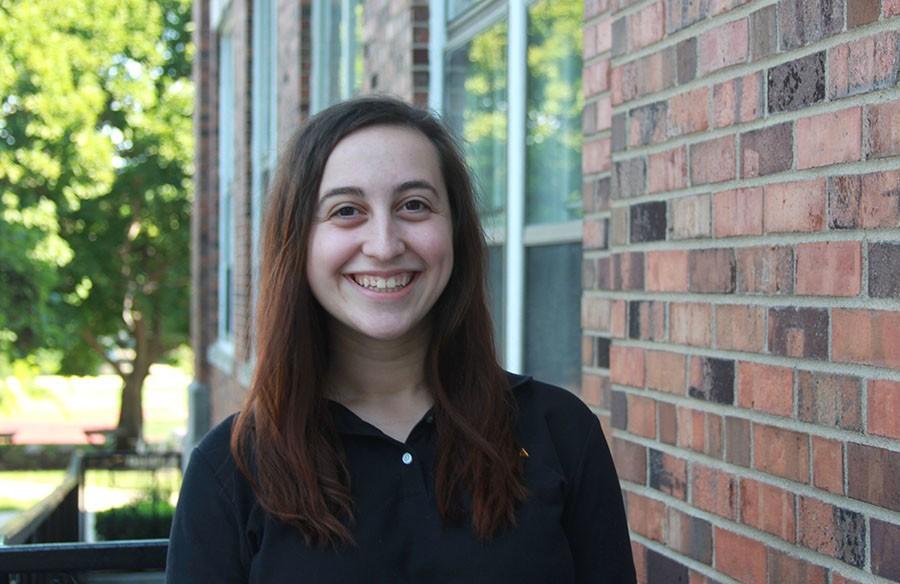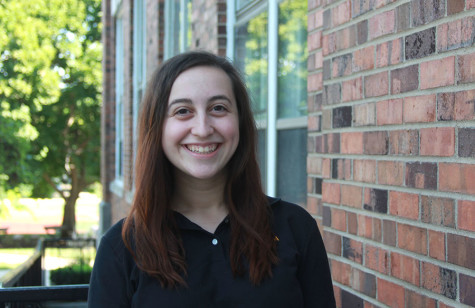Abstain from teaching total abstinence
Teaching people to abstain from things does not help when they are faced with situations they do not know how to deal with.
February 8, 2016
What’s a sure fire way to not get an STD? Don’t have sex, right? Don’t want to get an MIP? Don’t drink, obviously. Don’t want to develop a serious addiction? Don’t do drugs.
Growing up we are taught in order to be totally safe from anything we have to abstain from it all together. However, this is extremely ineffective because we all know these are situations people will encounter no matter what. Students should be taught to avoid dangerous circumstances, but they should also be taught safety rules and resources in case they encounter situations they don’t know how to deal with. Teaching total abstinence towards any subject is not effective and propels the cycle of misinformation.
Sex education classes and health classes in high school are extremely beneficial to educate students because they teach not only about the dangers of unsafe practices, but also just general information people need to know. However, when one of these types of teachings is left out of the curriculum the problems begin to occur.
It matters that we aren’t being fully informed about topics like drinking, drug usage, sex, etc. because when we face these situations we won’t be well equipped to deal with consequences. For example, what if someone who has never had sex before finds out they are HIV positive and they’ve been taught it can only be sexually transmitted? Or someone at a party who wasn’t drinking gets charged with an MIP? These are things we’ve been taught only occur if we commit the action. The truth is total abstinence doesn’t stop these things from happening.
I completely understand if someone’s beliefs involve abstinence but that does not mean they shouldn’t be taught what happens when people don’t abstain from certain things, not just taught “Don’t do it. Period.” Being misinformed is dangerous not only to the individual, but to society as a whole because if there are people out there who don’t know what’s safe and what isn’t, then nobody around them is.
Putting blinders on people, especially teenagers learning about these situations in high school, restricts them from gaining knowledge and a larger understanding of the world.




